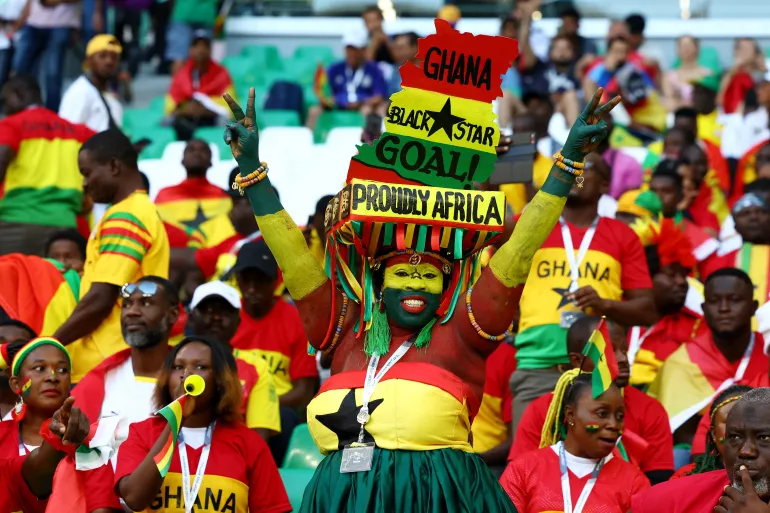Football, known as soccer in many parts of the world, has long held a special place in the hearts of Ghanaians, transcending its status as a mere sport to become an integral part of the nation’s cultural fabric. From bustling city streets to remote villages, the passion for football unites communities and ignites a sense of national pride that resonates across generations.
In Ghana, football is more than just a game; it’s a form of expression, a source of joy, and a medium for social bonding. From children kicking makeshift balls in dusty alleyways to professional players competing on international stages, football’s influence permeates every corner of the nation.
The roots of football in Ghana trace back to colonial times when the sport was introduced by British settlers. Over the years, it evolved from an imported pastime into a beloved national obsession. The sport’s journey mirrors the country’s struggle for independence and its determination to overcome challenges.
The Ghanaian national football team, famously known as the Black Stars, stands as a symbol of national unity and pride. When the Black Stars take the field, the entire nation rallies behind them, creating an atmosphere of shared emotion and anticipation. Their triumphs and setbacks mirror the highs and lows of Ghanaian life, making their journey a collective experience that resonates with fans from all walks of life.
Local leagues and amateur matches further contribute to football’s significance in Ghanaian culture. Matches played in dusty fields or vibrant stadiums serve as social gatherings that bring communities together. It’s not just about the competition—it’s about celebrating a shared passion and celebrating the talents of both young and seasoned players.
Beyond its entertainment value, football also plays a vital role in addressing social issues and fostering positive change. Through football-related programs and initiatives, young people are empowered to develop life skills, build self-confidence, and stay away from negative influences. Organizations use the sport to advocate for education, health awareness, and gender equality, leveraging its popularity to drive positive social impact.
The local leagues, coupled with Ghana’s vibrant street football scene, contribute to the country’s talent pool. Ghana has produced exceptional football talents who have achieved international recognition. Names like Abedi Pele, Asamoah Gyan, and Andre Ayew are not just sports figures; they are national heroes who inspire young players to dream big and strive for greatness.
In a statement, Ekow Yeboah, a football enthusiast in Accra, shared his perspective: “Football is the heartbeat of our nation. It brings us together, gives us moments of joy, and teaches us life lessons. When the Black Stars play, it’s like the whole country is united in spirit.”
As Ghana continues to embrace modernity, football remains a steadfast link to tradition, a vessel for hope, and a platform for expression. Its enduring presence in Ghanaian culture demonstrates the power of sports to transcend boundaries, create a sense of belonging, and instill values that extend beyond the playing field.





